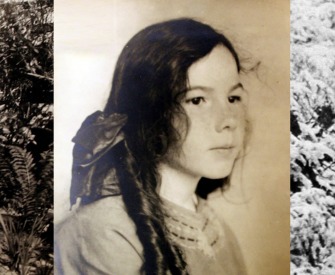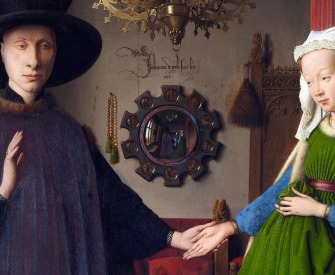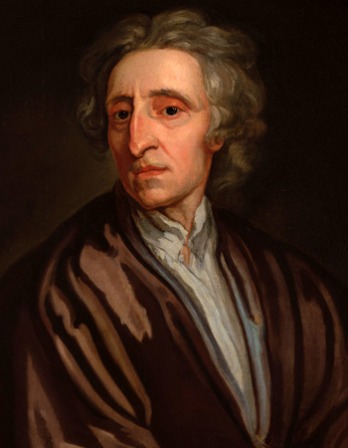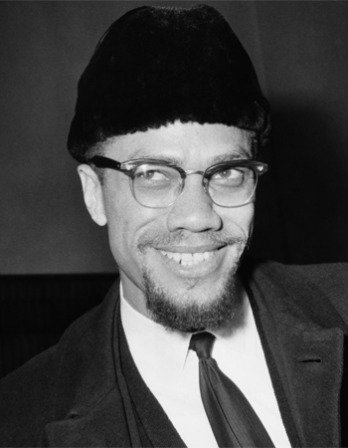The great difficulty in education is to get experience out of ideas.
—George Santayana, 1905Training a Thief
Oliver Twist learns the ropes.
When the breakfast was cleared away, the merry old gentleman and the two boys played at a very curious and uncommon game, which was performed in this way.
The merry old gentleman, placing a snuffbox in one pocket of his trousers, a notecase in the other, and a watch in his waistcoat pocket, with a guard chain round his neck, and sticking a mock-diamond pin in his shirt, buttoned his coat tight round him; and putting his spectacle case and handkerchief in his pockets, trotted up and down the room with a stick, in imitation of the manner in which old gentlemen walk about the streets any hour in the day. Sometimes he stopped at the fireplace and sometimes at the door, making believe that he was staring with all his might into shop windows. At such times, he would look constantly round him for fear of thieves, and keep slapping all his pockets in turn to see that he hadn’t lost anything in such a very funny and natural manner that Oliver laughed till the tears ran down his face. All this time, the two boys followed him closely about, getting out of his sight so nimbly every time he turned round that it was impossible to follow their motions. At last, the Artful Dodger trod upon his toes or ran upon his boot accidentally, while Charley Bates stumbled up against him behind; and in that one moment they took from him, with the most extraordinary rapidity, snuffbox, notecase, watch guard, chain, shirt pin, pocket handkerchief, even the spectacle case. If the old gentleman felt a hand in any one of his pockets, he cried out where it was; and then the game began all over again.
At length, Charley Bates expressed his opinion that it was time to pad the hoof. This, it occurred to Oliver, must be French for going out; for directly afterward, the Dodger and Charley went away together, having been kindly furnished by the amiable old Jew with money to spend.
“There, my dear,” said Fagin. “That’s a pleasant life, isn’t it? They have gone out for the day.”
“Have they done work, sir?” inquired Oliver.
“Yes,” said the Jew, “that is, unless they should unexpectedly come across any when they are out; and they won’t neglect it if they do, my dear, depend upon it. Make ’em your models, my dear. Make ’em your models,” said the Jew, tapping the fire shovel on the hearth to add force to his words, “do everything they bid you, and take their advice in all matters—especially the Dodger’s, my dear. He’ll be a great man himself, and will make you one too, if you take pattern by him. Is my handkerchief hanging out of my pocket, my dear?” said the Jew, stopping short.
“Yes, sir,” said Oliver.
“See if you can take it out without my feeling it, as you saw them do when we were at play this morning.”
Oliver held up the bottom of the pocket with one hand, as he had seen the Dodger hold it, and drew the handkerchief lightly out of it with the other.
“Is it gone?” cried the Jew.
“Here it is, sir,” said Oliver, showing it in his hand.
“You’re a clever boy, my dear,” said the playful old gentleman, patting Oliver on the head approvingly. “I never saw a sharper lad. Here’s a shilling for you. If you go on in this way, you’ll be the greatest man of the time. And now come here, and I’ll show you how to take the marks out of the handkerchiefs.”
Oliver wondered what picking the old gentleman’s pocket in play had to do with his chances of being a great man. But, thinking that the Jew, being so much his senior, must know best, he followed him quietly to the table, and was soon deeply involved in his new study.
For many days, Oliver remained in the Jew’s room, picking the marks out of the pocket handkerchiefs (of which a great number were brought home), and sometimes taking part in the game already described, which the two boys and the Jew played, regularly, every morning. At length, he began to languish for the fresh air, and took many occasions of earnestly entreating the old gentleman to allow him to go out to work with his two companions.
The three boys sallied out: the Dodger with his coat sleeves tucked up and his hat cocked, as usual; Master Bates sauntering along with his hands in his pockets; and Oliver between them, wondering where they were going and what branch of manufacture he would be instructed in first. The pace at which they went was such a very lazy, ill-looking saunter that Oliver soon began to think his companions were going to deceive the old gentleman by not going to work at all. They were just emerging from a narrow court not far from the open square in Clerkenwell, when the Dodger made a sudden stop, and laying his finger on his lip, drew his companions back again with the greatest caution and circumspection.
“What’s the matter?” demanded Oliver.
“Hush!” replied the Dodger. “Do you see that old cove at the bookstall?”
“The old gentleman over the way?” said Oliver. “Yes, I see him.”
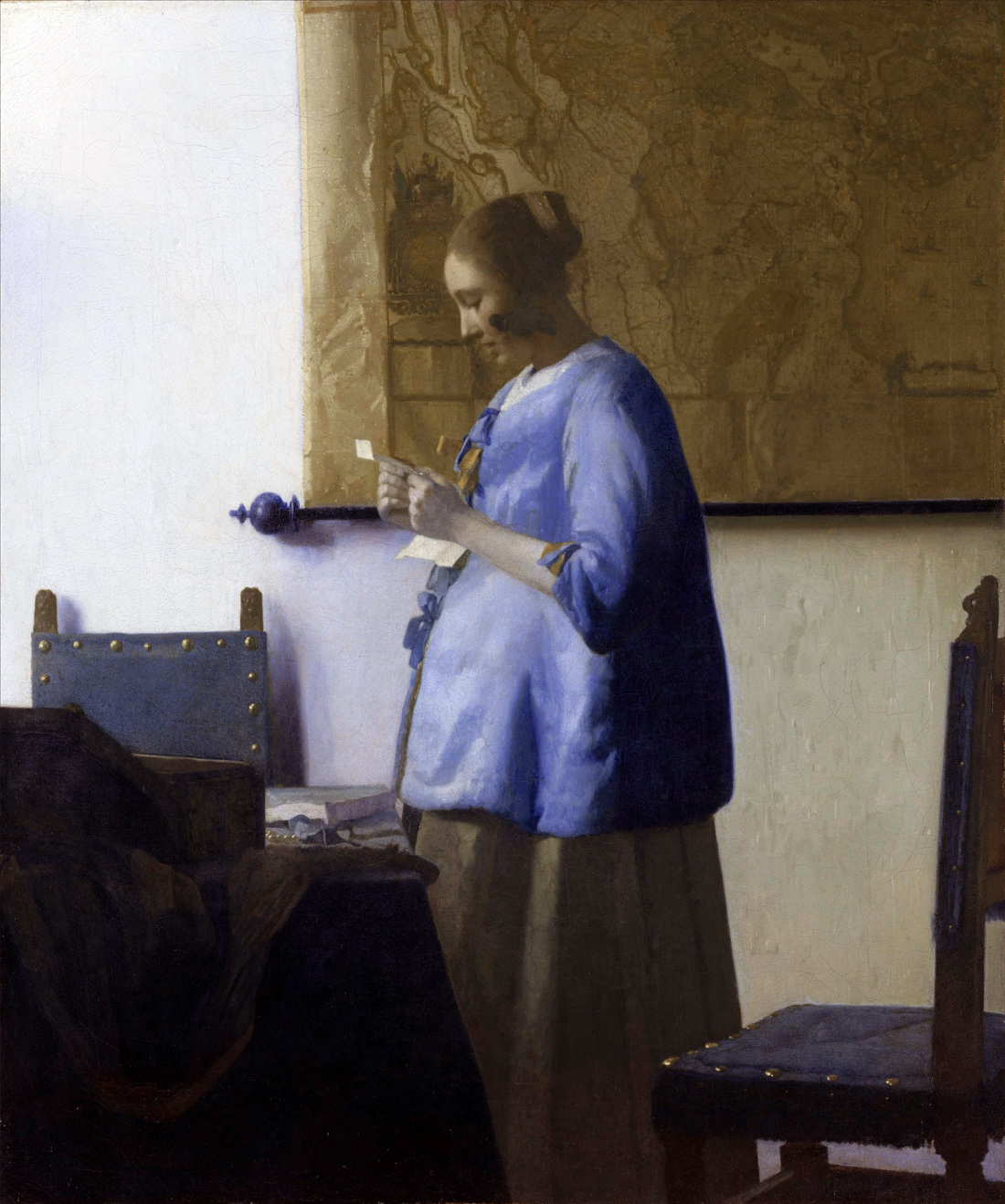
Woman in Blue Reading a Letter, by Jan Vermeer, c. 1662–1665. Rijksmuseum, Amsterdam, Netherlands.
“He’ll do,” said the Dodger.
“A prime plant,” observed Master Charley Bates.
The old gentleman was a very respectable-looking personage, with a powdered head and gold spectacles. He was dressed in a bottle-green coat with a black velvet collar, wore white trousers, and carried a smart bamboo cane under his arm. He had taken up a book from the stall, and there he stood, reading away as hard as if he were in his elbow chair in his own study. It is very possible that he fancied himself there, indeed; for it was plain, from his utter abstraction, that he saw not the bookstall, nor the street, nor the boys, nor, in short, anything but the book itself—which he was reading straight through, turning over the leaf when he got to the bottom of a page, beginning at the top line of the next one, and going regularly on with the greatest interest and eagerness.
What was Oliver’s horror and alarm as he stood a few paces off, looking on with his eyelids as wide open as they would possibly go, to see the Dodger plunge his hand into the old gentleman’s pocket and draw from thence a handkerchief! To see him hand the same to Charley Bates, and finally to behold them both running away round the corner at full speed!
In an instant the whole mystery of the handkerchiefs, and the watches, and the jewels, and the Jew, rushed upon the boy’s mind. He stood, for a moment, with the blood so tingling through all his veins from terror that he felt as if he were in a burning fire; then, confused and frightened, he took to his heels and, not knowing what he did, made off as fast as he could lay his feet to the ground.

Charles Dickens
From Oliver Twist. Dickens’ formal education ended at the age of fifteen in 1827. He found work as a clerk in a solicitor’s office and a court stenographer before almost becoming a professional actor in 1832. One of the greatest and most prolific authors of the Victorian era, Dickens oversaw the serial publication of Oliver Twist in the monthly magazine he edited, Bentley’s Miscellany.
